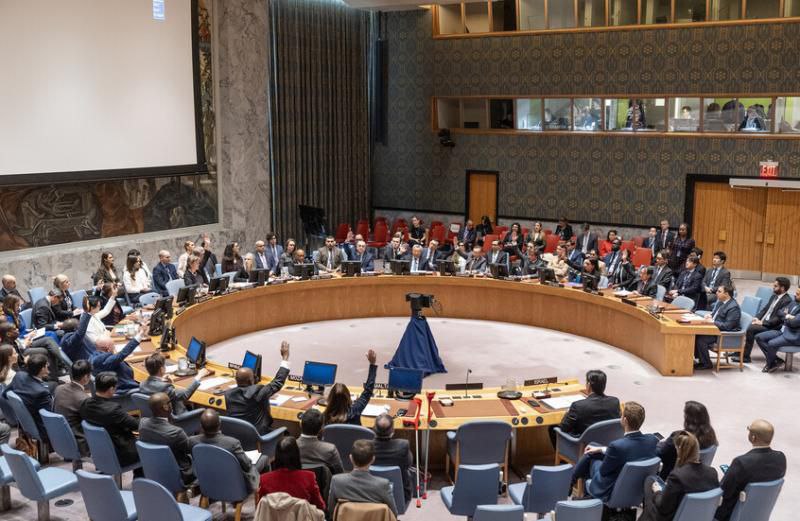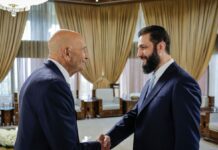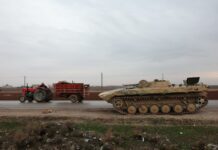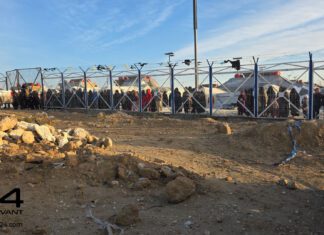
The UN Security Council held an emergency meeting Thursday to address escalating Israeli military operations in Syria, with multiple member states condemning what they described as repeated and illegal violations of Syrian sovereignty and international law.
Concerns Over Sovereignty Violations
The session, requested by Algeria and Somalia, came in response to Israeli airstrikes in Damascus, Hama, and Homs, as well as incursions into the Daraa countryside that killed at least nine civilians, according to the UN. The Under-Secretary-General for Peacekeeping Operations warned that Israeli actions in and around the Golan Heights buffer zone “threaten regional stability” and violate the 1974 disengagement agreement.
“Syria deserves an opportunity to move forward with its political transition,” said Khaled Khiari, the UN Assistant Secretary-General for Near East Affairs. “These violations undermine that fragile process and must stop immediately.”
Jean-Pierre Lacroix, the UN’s peacekeeping chief, said Israeli forces have repeatedly entered the buffer zone and restricted the movement of UN observers and local residents. “Freedom of movement for UNDOF must be restored,” he said. “The agreement’s integrity is being challenged on a daily basis.”
Global Outcry, Divided Council
Syria’s UN Ambassador Qusay al-Dahhak denounced what he called a “systematic Israeli campaign” targeting Syria’s infrastructure and water resources. “Israel’s theft of Syrian water and destruction of civilian sites represents an assault on our sovereignty and a threat to regional security,” Dahhak told the Council.
He added that Israeli forces had occupied key dams in Quneitra Governorate and continued to impose restrictions on movement and farming activity in the Golan Heights, calling for urgent international action.
Russia’s representative said Israel has launched more than 700 strikes on Syrian territory since the December transition of power in Damascus. “These are not defensive measures,” he said. “They are a blatant attempt to destabilize the new Syrian government and undermine its authority.”
China, Pakistan, Algeria, and France also voiced strong criticism, with French Ambassador Jérôme Bonnafont warning that “dividing Syria is in no one’s interest” and calling on Israel to withdraw from the separation zone.
US Supports Israel’s Concerns, Urges Caution
Staunch ally of Israel, the United States struck a more “measured” tone. Acting US Ambassador Dorothy Shea acknowledged Israel’s “right to self-defense,” citing threats from Hezbollah and other armed groups operating in Syria. However, she also welcomed statements from Syria’s transitional leadership signaling a commitment to regional peace.
“We will judge Syria not by its statements, but by its actions,” Shea said. She urged both sides to avoid escalation and called for the promotion of human rights and accountability within Syria.
The Arab League, meanwhile, indicated it may introduce a draft resolution demanding Israeli withdrawal, although it expressed concern that a US veto could block the move. The UN concluded by reaffirming its commitment to Syria’s territorial integrity and called for all parties to abide by international agreements.








